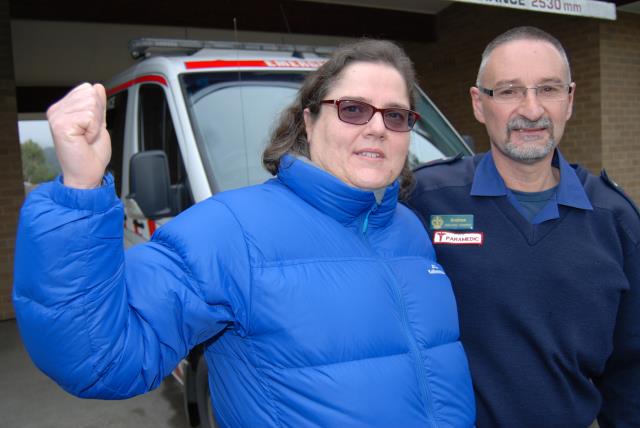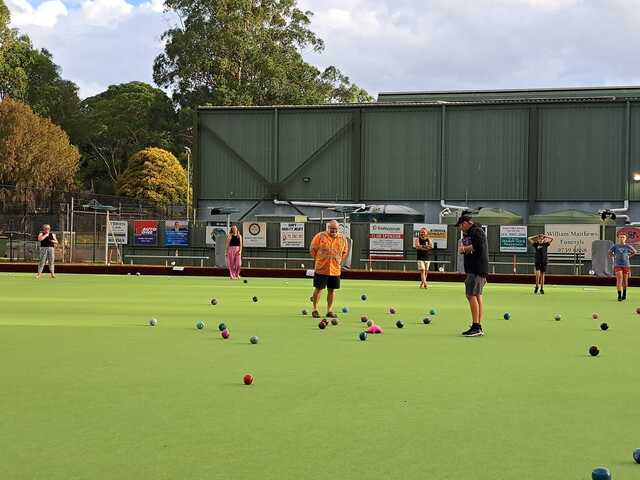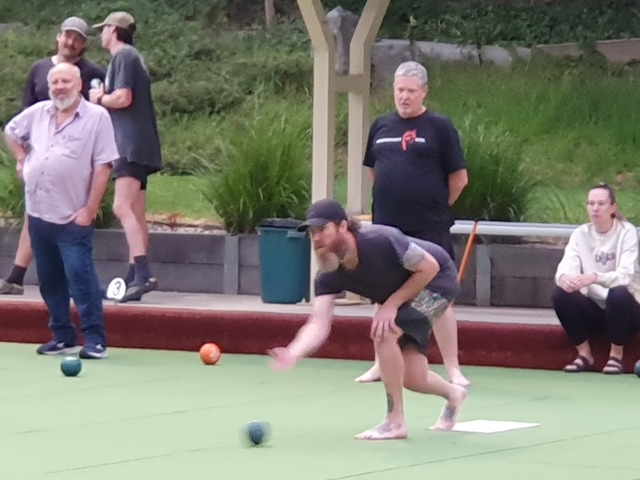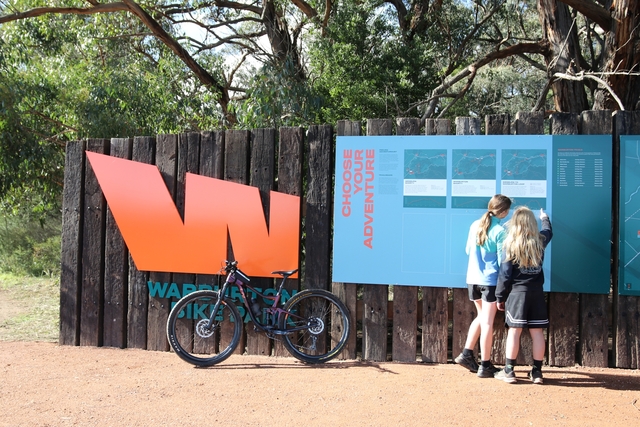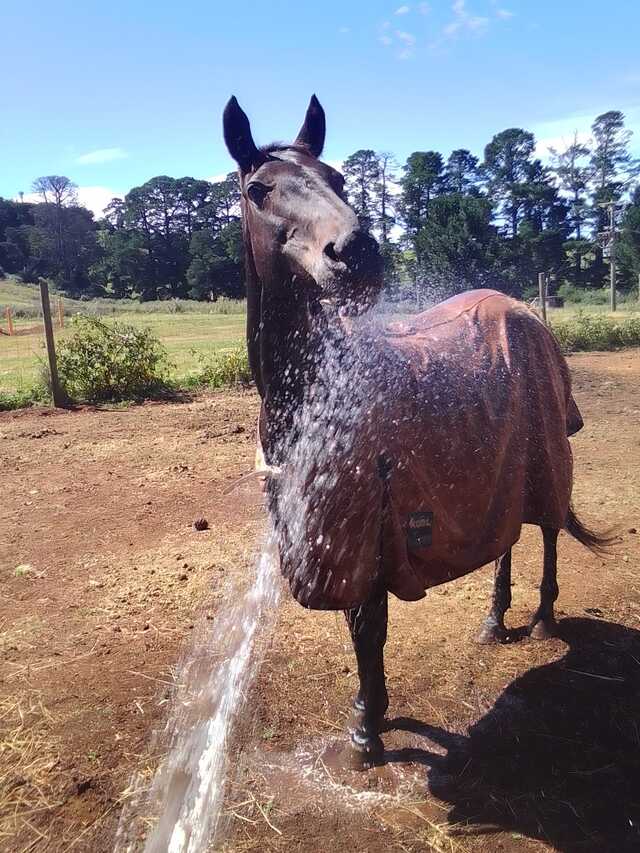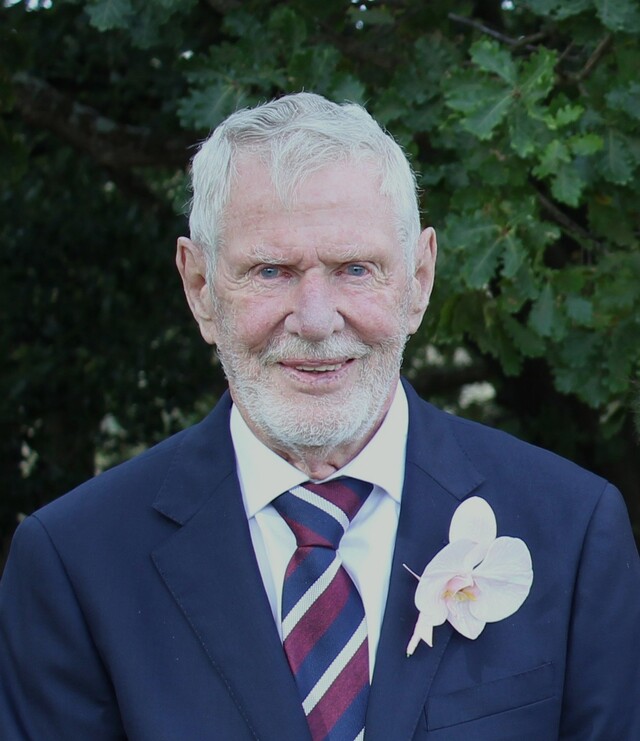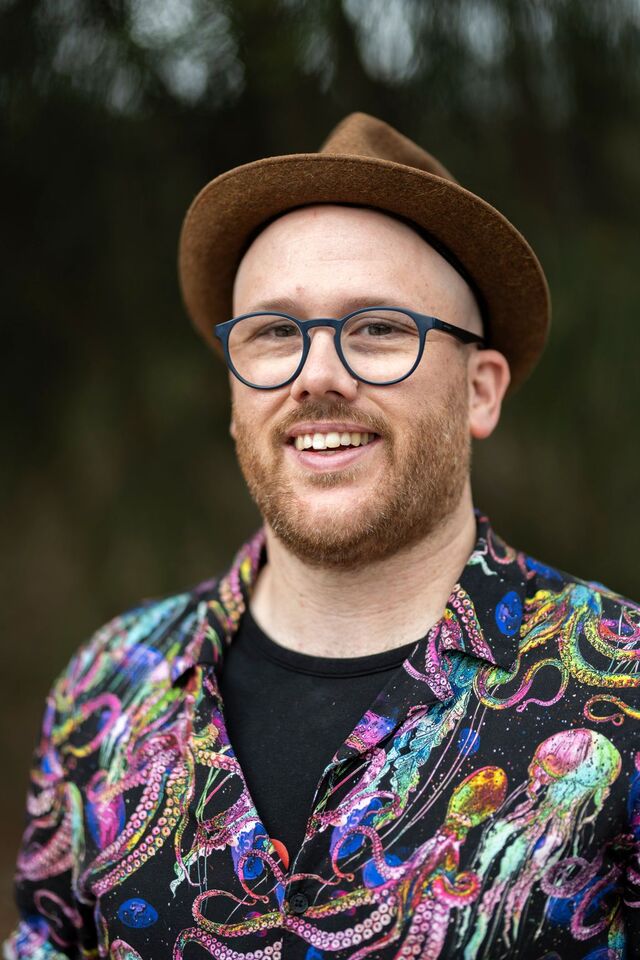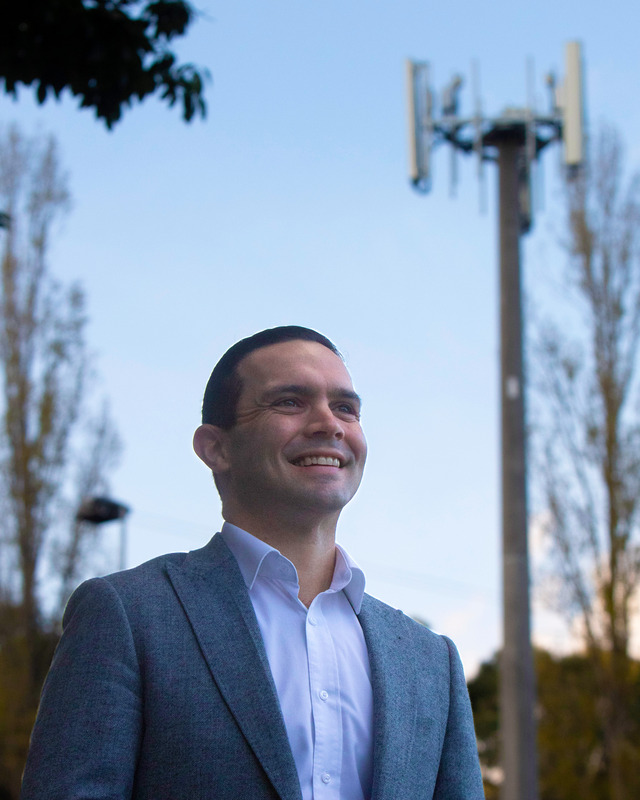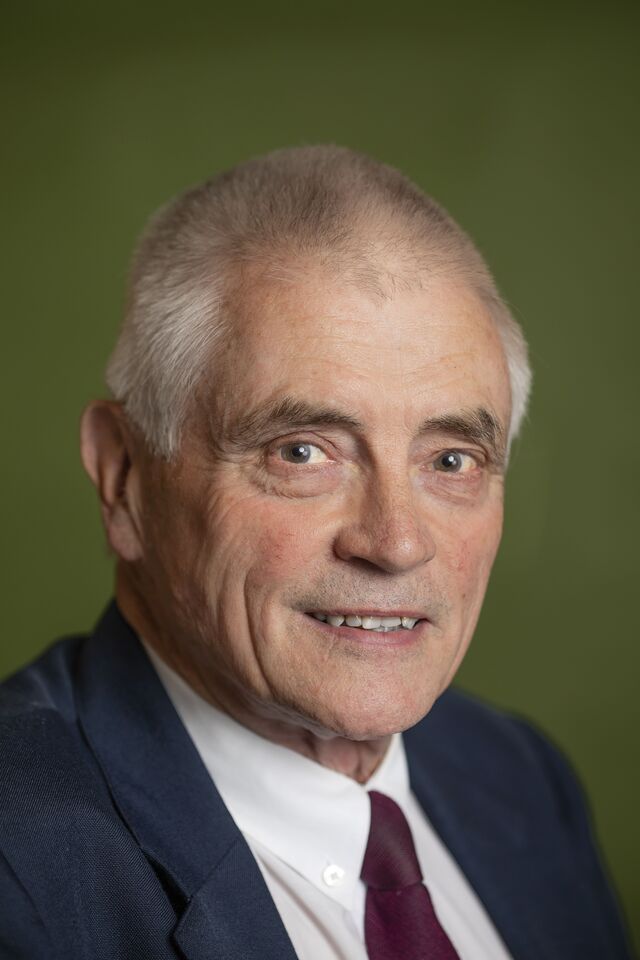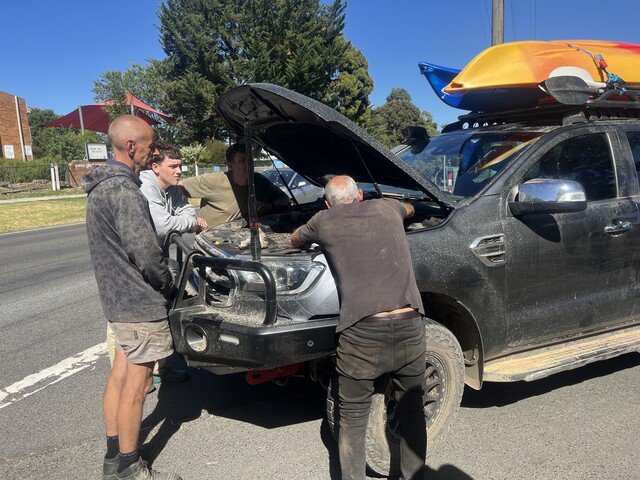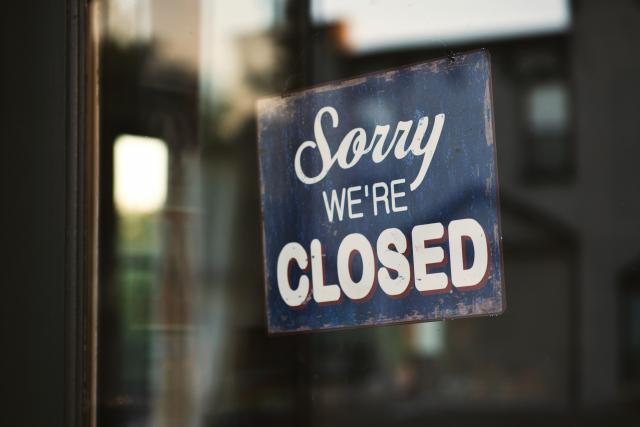Millgrove resident Jackie Murphy has had immunodeficiency all her life, but it wasn’t until she was 38 in 2006 that she was diagnosed.
Ms Murphy had experienced infections snowballing in frequency and severity which led to partial lung collapses for 16 years prior, which led to her bronchiectasis, a congenital terminal lung disease that permanently scarred and damaged her lungs, which she has to battle to stay alive and as well as possible every day.
Ms Murphy is now the President of AusPIPS, a charity that advocates and supports people with Primary Immune Deficiency. Ms Murphy has Common Variable Immune Deficiency (CVID) which is slightly less severe than Severe Combined Immune Deficiency (SCID), where a baby is born with no immunity at all and often tragically will die within a few months due to infection they can’t fight at all, even with antibiotics.
“I have some antibodies, but they are defective. There was one baby born with no immunity at all who died at 10 weeks of age because he got an infection and they couldn’t do anything,” she said.
“I started really getting sick in my early 20s and my GP was treating me for increasingly severe and frequent infections without thinking ‘Is there a problem with immunity here?’
If babies are diagnosed as a part of the newborn screening program, such as conducting the heel prick test, then they can have a bone marrow transplant within the first few months of life before their immune system develops and there is a 98% success rate of them going on to live healthy lives.
When Ms Murphy was diagnosed, only the Alfred, Royal Melbourne and Royal Children’s hospitals could treat her disease. Just last week, Ms Murphy’s right lung collapsed, resulting in an extended stay at Maroondah Hospital.
Ms Murphy said she understands people, including medical professionals who are unaware of the rare disease but becomes frustrated when she is not listened to for the help she needs.
“This time, to get appropriate care I had to call the executive. They would not call the Royal Melbourne Hospital, and when I have a rare disease I don’t mind people learning, but they sometimes have to listen to patients,” she said.
“I was told by a consultant that I don’t have a fever so the antibiotics are working, but I can’t generate a fever because I don’t have a functioning immune system.”
Ms Murphy has become a passionate advocate for improving the quality of life for others with immunodeficiency. There is a diverse group of more than 400 potentially serious, chronic illnesses that can lead to frequent or severe infections, swellings and autoimmune problems.
The last two years have been tough for Ms Murphy who has essentially been forced into permanent isolation throughout Covid-19. She and others are relying on the delivery and provision of a drug called Evusheld, which is reported to reduce risk of symptomatic Covid-19 by up to 83%.
Ms Murphy said the removal of services in the Upper Yarra is a huge concern.
“They have moved services from Warburton, and into Healesville, what about people without cars,” she said.
“They have to catch a 683 bus down Warburton Highway to Lilydale and then wait to transfer to a bus back up to Healesville and then back the same way. How’s that fair?”

